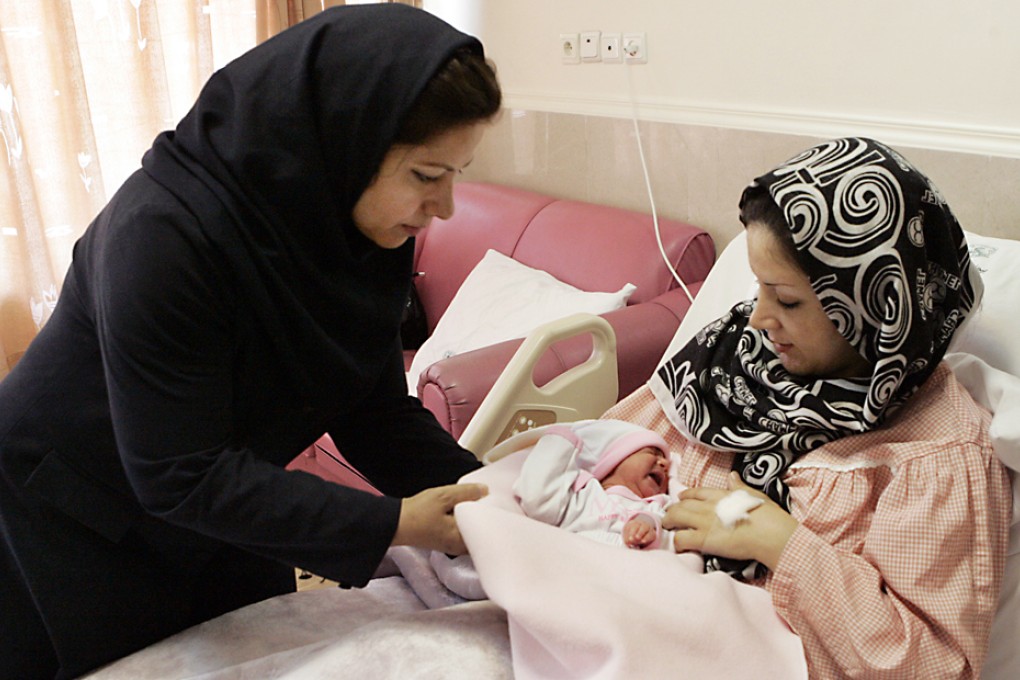Iran back flip on population likely as Ayatollah Khamenei calls for change
Tehran aiming to boost birth rate with ban on vasectomies and new rules for abortions

Iran's parliament is seeking a ban on vasectomies and a tightening of abortion rules as the country moves away from its progressive laws on family planning in an attempt to increase the birth rate.

Last year the supreme leader, Ayatollah Ali Khamenei, criticised existing policy on contraception, describing it as an imitation of western lifestyle.
He has urged the government to tackle what he believes to be an ageing population and to double the number of people in Iran from 77 million to at least 150 million.
This week the conservative-dominated parliament voted to discuss banning vasectomies and to punish those involved in encouraging contraceptive services and abortions, local agencies reported.